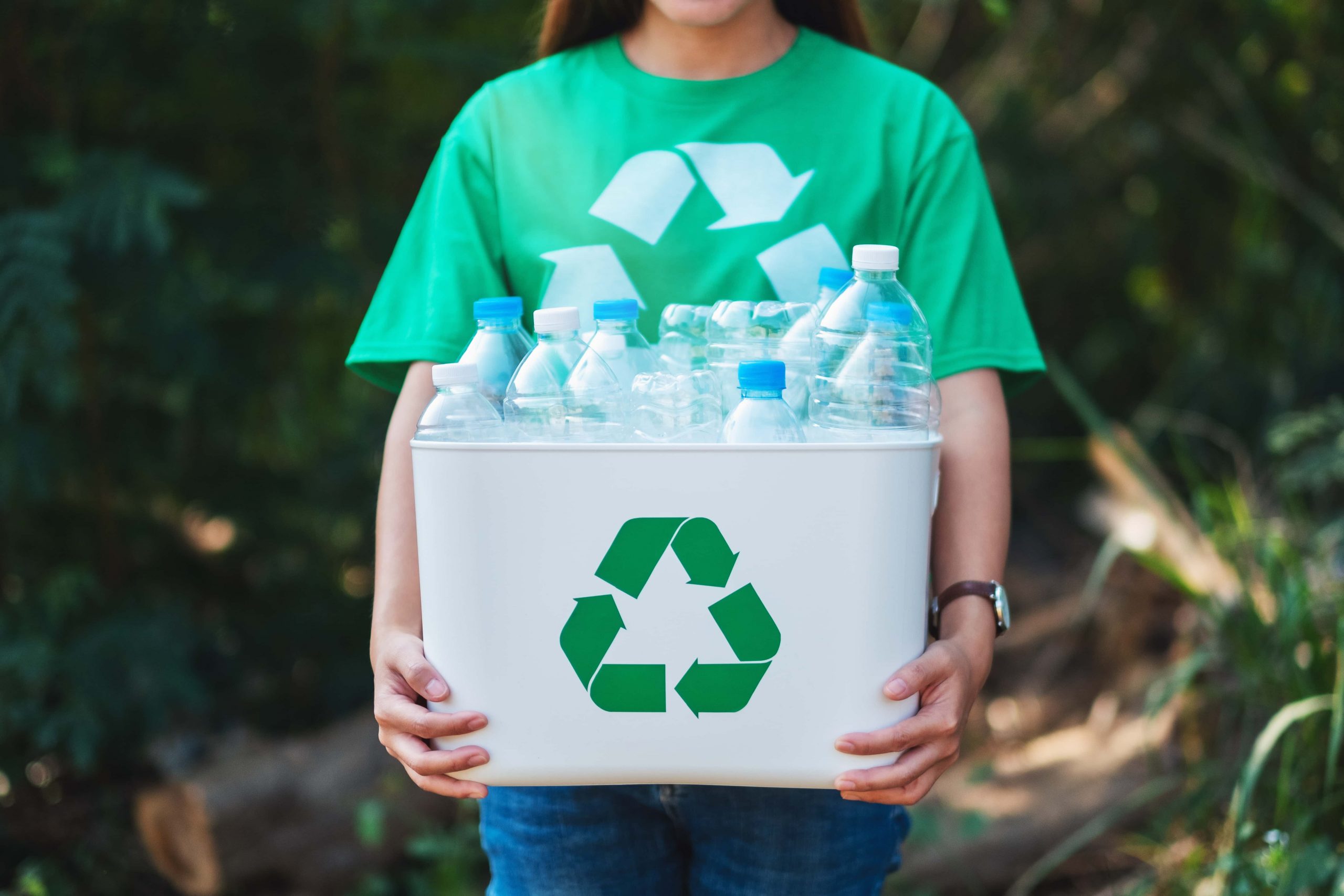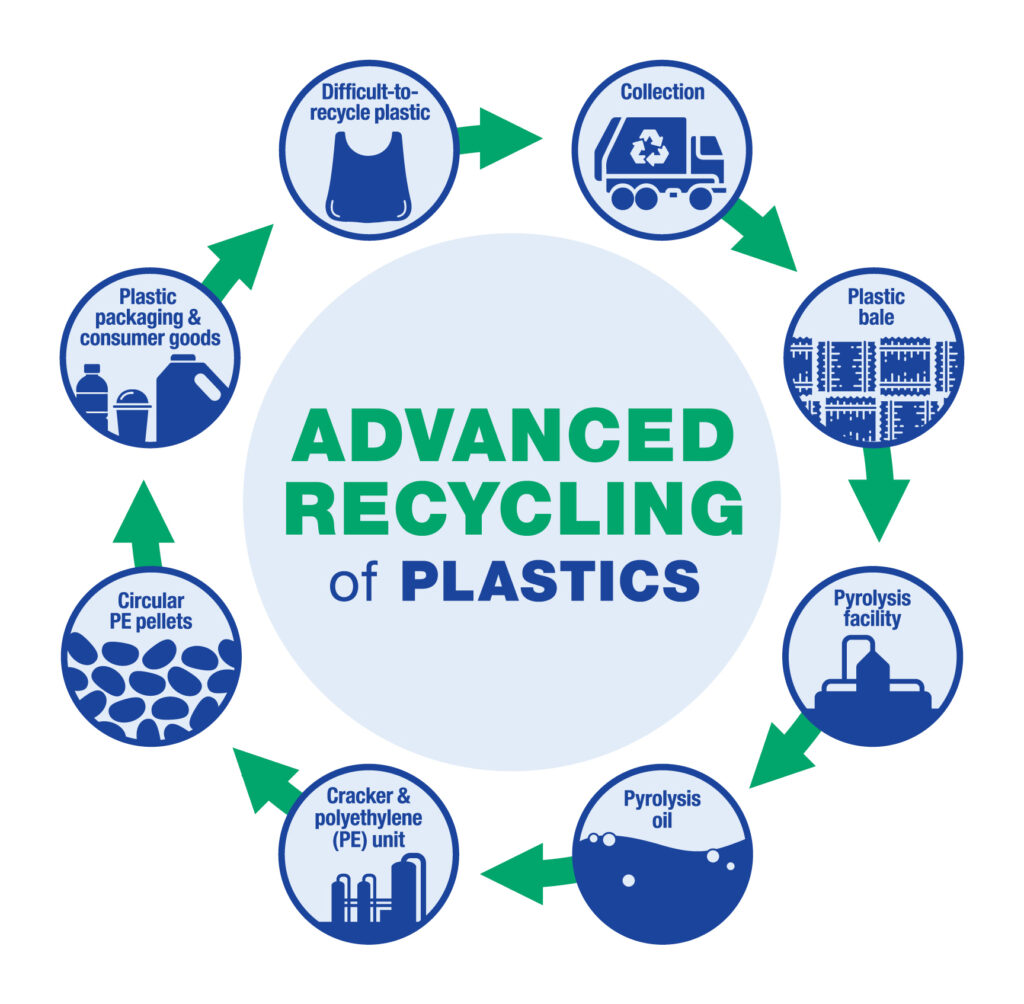
Unlocking the Power of Recycling: Advantages of Plastic Recycling
Introduction:
Plastic pollution has become a global concern, with detrimental effects on our environment. However, there is hope. Recycling plastic offers a viable solution that not only diverts waste from landfills but also presents numerous advantages. In this blog post, we will explore the benefits of plastic recycling and highlight its importance in creating a sustainable future.
- Reducing Environmental Impact: One of the significant advantages of plastic recycling is its positive impact on the environment. By recycling plastic waste, we conserve energy and reduce greenhouse gas emissions associated with plastic production. Additionally, recycling decreases the need for extracting raw materials, preserving natural resources and habitats.
- Mitigating Landfill Space: Plastic waste takes up an extensive amount of space in landfills, contributing to the growing waste crisis. However, through recycling, we can divert significant amounts of plastic from landfills, extending their lifespan and reducing the need for new landfill sites. Recycling helps free up space for other types of waste and minimizes the environmental hazards posed by plastic disposal.
- Conserving Energy: The production of plastic requires substantial energy inputs, such as extracting and refining petroleum. However, recycling plastic consumes significantly less energy compared to manufacturing virgin plastic. By recycling plastic, we conserve energy resources and reduce our reliance on fossil fuels, leading to a more sustainable and energy-efficient future.
- Preventing Pollution: Plastic pollution in our oceans, rivers, and natural habitats is a severe ecological threat. Recycling plastic helps mitigate this issue by preventing plastic waste from entering water bodies and ecosystems. By diverting plastic waste to recycling facilities, we minimize the chances of marine life ingestion, entanglement, and habitat destruction caused by plastic pollution.
- Promoting a Circular Economy: Plastic recycling plays a vital role in the transition to a circular economy. Rather than disposing of plastic after a single use, recycling allows for the creation of new products from recycled materials. This closed-loop approach reduces the demand for virgin plastic production and promotes resource efficiency, fostering a more sustainable and waste-free economy.
- Creating Job Opportunities: The recycling industry provides employment opportunities, contributing to local economies. By supporting plastic recycling initiatives, we can stimulate job growth in areas such as waste management, recycling facilities, and research and development. Recycling not only benefits the environment but also generates economic benefits by fostering a green economy.
Conclusion:
Plastic recycling is an essential component of sustainable waste management. By embracing plastic recycling, we can significantly reduce the environmental impact of plastic waste, conserve energy, prevent pollution, and promote the transition to a circular economy. Recycling empowers us to take responsibility for our plastic consumption and contribute to a healthier, cleaner planet for present and future generations.
Remember, every effort counts. Support local recycling programs, practice proper plastic waste segregation, and encourage others to join the recycling movement. Together, we can make a tangible difference and build a more sustainable future.






